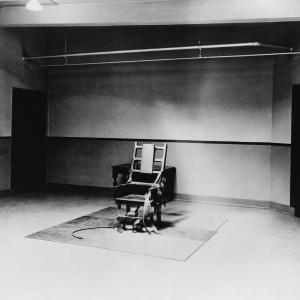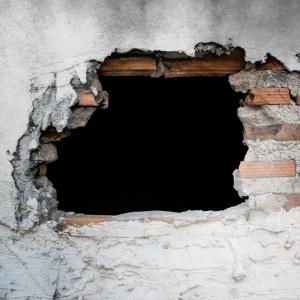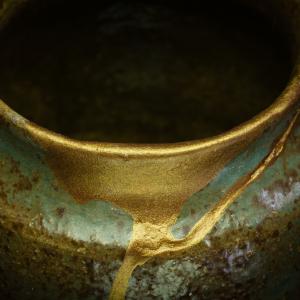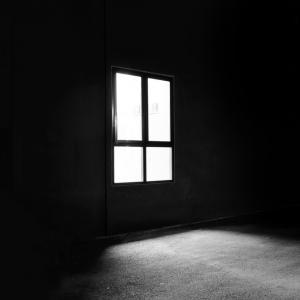
Rev. Cari Willis is a volunteer Chaplain for men on Virginia and North Carolina's death row.
Posts By This Author
Living in the Already and Not Yet
And I can’t help but think about my friends on “life” row who live daily in that space. They know that their execution dates can be set at any moment, but they also know that they are alive now and have to live into as much of the fullness of the day as they possibly can. It can be difficult, at times, to sit in the liminal space with my friends, as I never know which they will choose — will they choose life or will they choose death to discuss? And the truth is that they pick both. They need to process their death while they are living. And they have to process their living while they know they face a certain death.
A Psalm From Death Row
My friends on the row want to end up like our psalmist. They need to be set free from the prison that they are in — the prison in their minds which holds them captive and will not let them go. A lot of my friends have had traumatic childhoods, leading them to be hypervigilant. They have trained their brains to listen for every little sound in order to keep themselves safe. That same hypervigilance is pure torture inside a prison where the cacophony of sounds demands their on-going attention. They deal with the replaying of scenes in their lives that were painful. Therefore heir minds do not know what it means to be at peace. They desperately need to be free from the prison in their mind.
God Breaks Down Walls We Build Within Ourselves
As I’m reading this scripture with my friend on death row, he asks me to repeat the scripture again and takes my Bible to look at it himself. When you are on the row, it is almost a requirement to build up walls all around you so that you ensure that you are not inflicted with even more pain and suffering — death row is enough. He talks about all of the walls that he has built up over the years. He has become a fortified city. He wants to break free. He wants the walls to come tumbling down. But he worries what will happen if he is that vulnerable. So he looks at me and says, “I am glad God writes my name on his palm even though I have all of these walls around me.” “Me too,” I say.
Broken and Beloved
Right before our broken vessel image the psalmist has this to say: “Be merciful to me, Lord, for I am in distress; my eyes grow weak with sorrow, my soul and body with grief. My life is consumed by anguish and my years by groaning; my strength fails because of my affliction, and my bones grow weak … I am the utter contempt of my neighbors and an object of dread to my closest friends— those who see me on the street flee from me. I am forgotten as though I were dead.” (Ps. 31:9-12) For those of us who have experienced our lives in a thousand pieces tossed with wild abandon across the floor, we can see our own cries and groans in these heart-wrenching words from our psalmist. We know how our eyes can barely open because of how many tears have been shed. We know the groans that we moan day after miserable day. We know the weakness that happens where we can barely stand. We feel the loss of friend after friend because it all got too sad. We know how we are the forgotten ones where we wonder if anyone will remember us again. “I have become like broken pottery.
Sitting in the Dark
As a listener in this space, I choose to sit with them no matter where they are sitting — in the dark or in the light. And maybe, not surprisingly, I have learned more from sitting in the darkness with them. We have all learned by dwelling there. God abides with us as we sit in the darkness. We do not sit alone. The creator of darkness s sits with us. We feel to the marrow of our bones God’s abiding presence. We also know that darkness does not have the final word — light does. . If we will but wait long enough, eventually the sun will come up and the darkness will end.
A Voiceless Grief: Watching My Friend’s Execution

Image via Everett Historica/Shutterstock
No one cared to get to know the man that they were killing — in Jesus’ case, and in the case of my friend. The judges and governor had made up their mind on who he was based on media headlines. No one saw any need to sit with the man who was on the execution table, to find out if his life had changed and whether or not he was having a positive influence on those around him. They defined him by a crime he had committed years ago.




